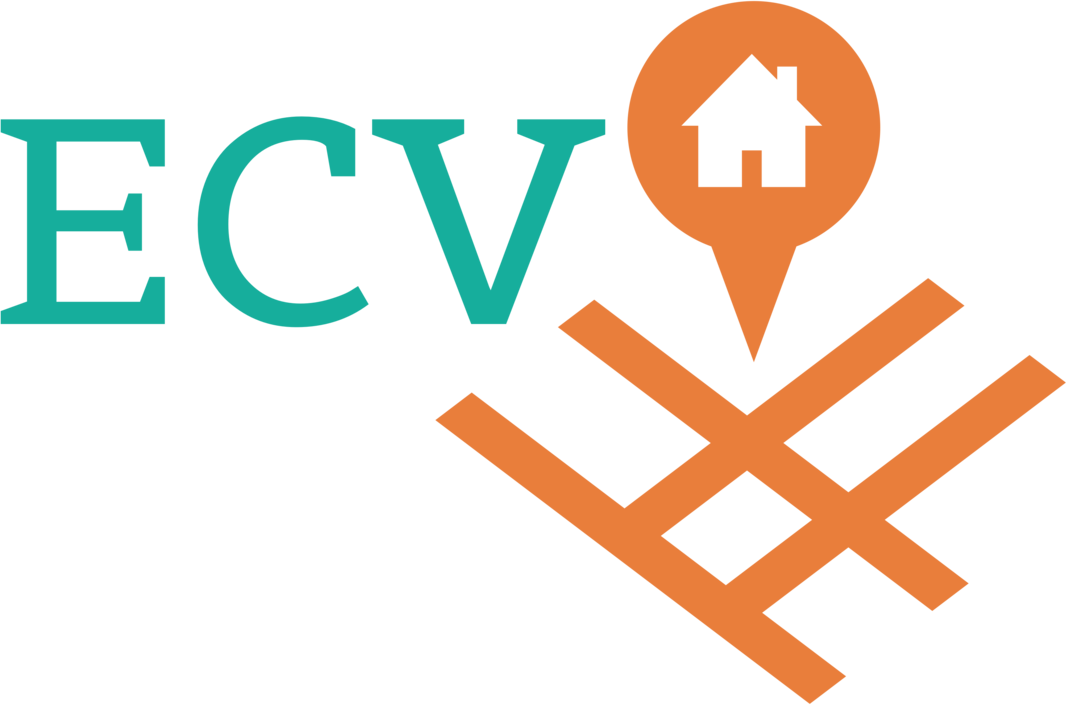What is Direct Support Professional Training?
Photo by Magda Ehlers from Pexels
If you love to help differently-abled people and want to pursue it as a career, you need to join Direct Support Professional Training.
If you don’t know anything about Direct Support Professional Training, you don’t need to worry. This article covers everything about DSP training.
Direct Support Professional Training
The Direct Support Professional Training is explicitly designed to help beginners become DSP. The key reason behind this training is to enable DSP support individuals to improve their lives and overcome the pressure and stress generated through their job.
The basic idea of this training revolves around the satisfaction associated with job performance. This training is arranged with core competencies and skills necessary for the job requirements. Therefore, when we say that one can quickly get hired as a direct support professional, it eventually means that they will get trained later.
The only requirement is a primary high school diploma/ degree and a valid license for driving. A DSP has a chance to serve different inter-linked professions in assisting their developmentally disabled individual clients. For instance, a DSP is a teacher, advocate, resource, partner, encourager, and provider but not an imposing command boss.
How long does a DSP training take?
A direct support course takes almost 70 hours of training divided into two halves and is covered in two successive years. Each year a direct support trainee attempts a DSP challenge or test for each of the 35-hours segments.
Areas covered under Direct Support Training
The 70-hours segments of direct support training cover several vital offerings. Different institutes have different plans for training, but the significant offered subject matters are associated with better communication, fundamental problem solving, enhancing intellectual capabilities, and physical activities through motivation inculcation.
These areas conform to enabling any individual to lead a self-directed life and enhance their intellectual level and oral health development. The purpose of a direct support provider revolves around serving the disability survivor to integrate them into their community with their full potential. And make them challenge their disability with the versatility of skills, therapies, and motivation.
Major offerings of DSP training
Let us dive into its essential subject matters to attain a better insight into this training.
Communication the foundational step in Direct support professional training is to strengthen the communication skills of its trainees. It will enable them to build smooth relationships with their clients.
Any person with an intellectual or emotional disability finds it difficult to deal with any stranger and sometimes their closer company. DSP’s are trained to communicate and teach such skills to their clients to express their emotions and feelings healthily.
Risk Management & Incident Reporting
The majority of people get stressed in incidents and can lose their minds entirely in scenarios of risk or incident. This training intends to raise the individual’s potential to manage risks and report any incident effectively and fearlessly.
Positive Behavior Support
Most of the time, intellectually challenged or emotionally stressed individuals need simple positive regard for themselves. And you can do it with a gesture of love, affection, and encouragement. That’s why Trainees ultimately learn the positive behavior support and its techniques and tactics.
Medication Management & Administration
A direct support professional is responsible for everything about their disabled client. Medication management is a necessary understanding given to trainees to handle any circumstances or situation of their clients.
The Individual Program Plan
Each client is unique, so trainees learn to create self-centered plans for each one. Creating a plan depends on the administration of the client and several factors achieved during administration and psychological techniques.
Developmental Disabilities Service System
Every state has some set criteria for serving developmentally disabled individuals. Most DSP training programs follow the relevant service system under that specific state. For instance, California has a system for special people.
Life Quality & Decision Making
DSP’s have an essential role in integrating the developmentally or intellectually disabled people in their community. It means DSPs enable their clients to improve their quality of life. Decision-making is a necessary principle of leading a healthy and purposeful life. The trainees are thus trained at developing problem-solving strategies and decision-making tactics.
Conclusion
All the factors discussed above are the most common and general topics that form the foundation of a DSP’s training. It constitutes 70 hours which are divided into two years. Therefore, it has a lot more covered than informed.

